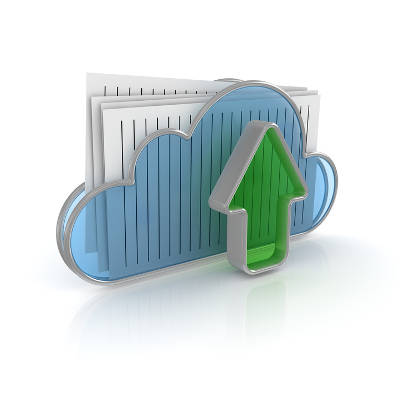
Keeping your company’s data safe is extremely important no matter where it is stored. Making the decision to store data in the cloud or in an in-house server is just one consideration you need to make. Today, we will compare these two options to help you select the one is right for your business.
Cloud Storage
There are many advantages to using the cloud for backup and storage. Firstly, the platform is cost-effective because not only are you likely paying for only the space and services that you need, you also don’t have the extra utility and maintenance costs that onsite hardware tends to come with.
Another benefit is the scalability that you can get in the cloud. You can always get just the amount of space and computing services that you need, which is not something that you can expect in the case of an in-house computing platform. By being able to increase and decrease space as needed, all you’ll need to do is notify your service provider, and they will increase or decrease your storage space accordingly.
With cloud-based storage, you also typically improve on your accessibility. Any data stored in a cloud-based storage facility can be accessed through most Internet-connected devices that run an Internet browser (or through an app). Just log into your account and gain access to all the information you need when you need it.
Depending on your business needs, some of the few disadvantages cloud storage brings may not even impact your decision. The big one is speed. If you have a lot of data to store, and your Internet connection is less than stellar, backing up or transferring data to the cloud provider could take a while.
Local Storage
Speed is the one main advantage of storing your data locally, but there are some others. Businesses that rely on in-house computing infrastructures have more options than those that use cloud-hosted solutions–especially since you can just unhook the drive and the data is protected.
By having complete control over the management and design of your in-house computing infrastructure, you can create some pretty useful setups that will save your business money. Not only can you set up multiple virtual machines on one server, you can have full-scale redundancy to protect all of the information on your systems.
Some downsides include the upfront expense of purchasing all the major hardware and software systems needed. Scalability is more difficult, and most damning, if your data is saved, backed up, and protected in one place, if that one place gets hit with any issues, your data could be inaccessible, or worse yet, destroyed altogether.
While you have to make decisions for your business, depending on COMPANYNAME to help you make the right ones is advisable. Call us today at PHONENUMBER and one of our professional IT experts will help you design and implement a storage plan to meet your business’ needs.

